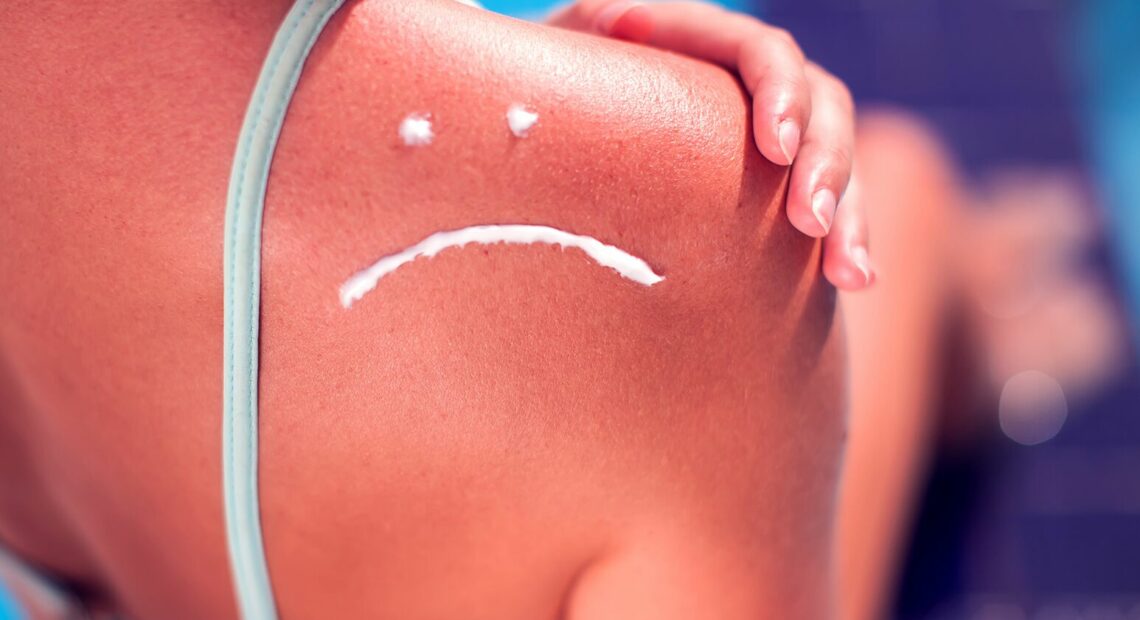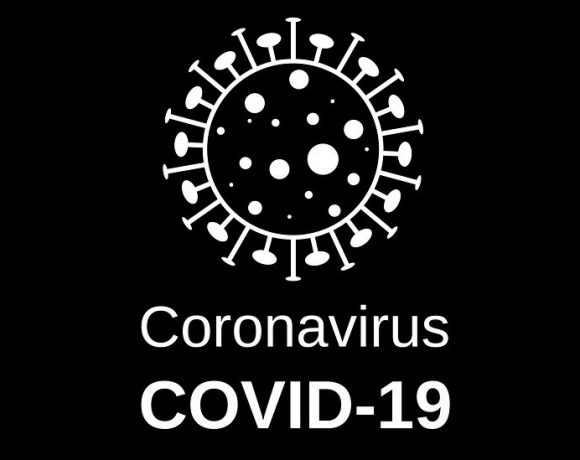Sunburn or Sun Poisoning: Knowing the Difference and How to Protect Your Skin

Sun poisoning and sunburn are both types of skin damage caused by overexposure to the sun’s harmful UV rays. However, there are some key differences between the two conditions.
Sunburn is a type of skin damage that occurs when the skin is exposed to too much UV radiation. It typically causes redness, pain, and peeling. Sunburn can happen quickly, and it can occur even on cloudy or overcast days.
Sun poisoning, on the other hand, is a more severe form of sunburn. It is also known as polymorphic light eruption (PLE) or sun allergy. Sun poisoning is an immune system reaction to UV radiation and can cause a rash or hives, blisters, swelling, fever, chills, headache, nausea, and vomiting. The symptoms of sun poisoning usually develop several hours to a day after sun exposure and can last for several days.
Sun poisoning is more common in people with fair skin, but it can affect anyone who spends too much time in the sun. It is also more likely to occur during the first exposure of the year, as the skin is not yet acclimated to the sun’s rays.
Preventing sunburn and sun poisoning is essential. You can protect your skin by wearing protective clothing, including long-sleeved shirts, pants, and wide-brimmed hats, using sunscreen with a high SPF rating, and avoiding the sun during peak hours between 10 a.m. and 4 p.m.
If you experience symptoms of sun poisoning or sunburn, it’s important to take immediate action to reduce further damage. This includes cooling the affected area with a cold compress, drinking plenty of water to stay hydrated, and seeking medical attention if necessary.
In summary, while sunburn and sun poisoning share some similarities, sun poisoning is a more severe type of skin damage that can cause additional symptoms beyond the typical redness and pain associated with sunburn. It’s crucial to take steps to protect your skin from the sun’s harmful rays and to seek medical attention if you experience any signs of sun poisoning or sunburn.








